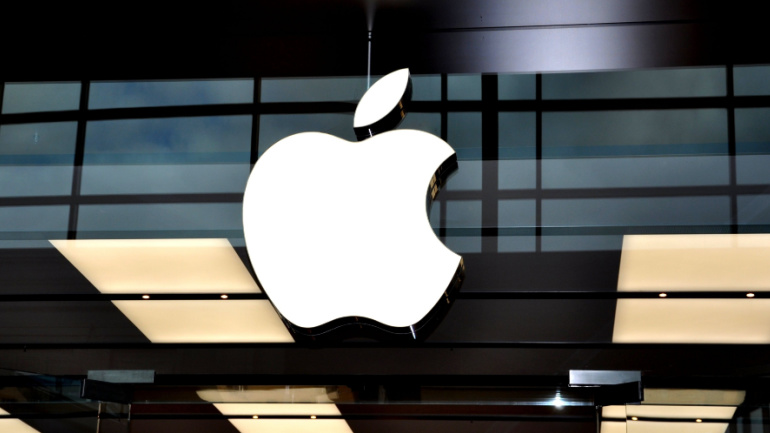bOnline is a UK-based VoIP provider dedicated to giving small businesses the communication tools of big companies. Their easy-to-use features, like call forwarding and HD calls, keep things simple, while reliable connections ensure crystal-clear communication. Plus, with a two-minute setup and affordable plans, bOnline makes it easy for any small business to upgrade their phone system.
In the realm of mobile communication, Virginie Debris stands as a seasoned expert, navigating the evolution from ringtones to Rich Communication Services (RCS). With an illustrious career spanning over two decades, she recently captivated audiences at Mobile World Congress, delving into RCS’s transformative potential. In this exclusive interview, Virginie sheds light on her journey and shares invaluable insights into the future of messaging.
Arelion and Telxius are collaborating to provide fully diverse, multi-terabit connectivity into Telxius’ landing stations in Boca Raton and Jacksonville, Florida. This fiber network expansion establishes Arelion Points-of-Presence (PoPs) at each Telxius landing station. For Telxius, it empowers customers with resilient Tier-1 optical transport and high-speed access to Arelion’s North American network. Together, Arelion and Telxius are making a significant investment in the Florida Peninsula to connect Latin American customers to North America through submarine and terrestrial systems.
CELLSMART, the cellular intelligence brand of SmartCIC Technologies, has launched an initiative to capture independent and enterprise-grade cellular intelligence across 30 National Football League (NFL) cities across the US. It will use artificial intelligence (AI) to optimise testing routes to achieve maximum data density to support predictive analytics while reducing its carbon footprint. Testing kicks off in Florida in April 2024 and will run throughout the year.
LRQA Nettitude, a leading cybersecurity solutions provider, and LogRhythm, the company helping security teams stop breaches by turning disconnected data and signals into trustworthy insights, are offering managed support for LogRhythm’s cloud-native, security incident and event management (SIEM) platform, LogRhythm Axon.
European competition authorities are reportedly on the verge of imposing a €500 million penalty on tech giant Apple. This action stems from accusations tied to the company’s management of its iOS App Store, which is said to limit competition. The Financial Times brought this to light, citing unnamed sources familiar with the matter.
In a pivotal move, CELLSMART, Abundant IoT and TMR embark on an IoT convergence mission through Fixed Wireless Access (FWA). CELLSMART, with its unmatched cellular knowledge, brings speed and on-the-ground engineering support, transforming IoT rollouts.
In a significant move against the rising menace of spyware, representatives from various countries recently convened in London for the UK – France Cyber Proliferation conference. This gathering underscored the urgent need for international cooperation against the malicious use of cyber tools, an issue that transcends national borders. UK Deputy Prime Minister Oliver Dowden highlighted the importance of joining forces with allied nations to combat cyber threats, positioning the UK as a leader in this global fight.
Stage X won South Korea’s fourth mobile operator spot with a $322 million bid for 5G spectrum. Yellow.ai and Infobip have partnered to enhance global customer support through AI-driven voice automation and conversational experiences.
Breezeline invests in a 525-mile fiber network to boost internet for 45,000 homes and businesses in New Hampshire. DARPA, in partnership with Nokia’s Bell Labs and others, aims to develop a sustainable Moon base with a robust telecom network to support future Mars expeditions.
AST SpaceMobile secures a funding boost of $206.5 million from AT&T, Google, and Vodafone. Used smartphone market saw a robust 9.5% growth, while the new smartphone market faced a 3.2% decline. Nokia and Oppo have resolved their patent dispute with a multi-year cross-licensing agreement on 5G technology. ASC Americas partners with Wilmac Technologies to integrate ASC’s “Recording Insights” into Wilmac’s services. Mavenir has secured a contract to modernize messaging capabilities for Deutsche Telekom networks.













